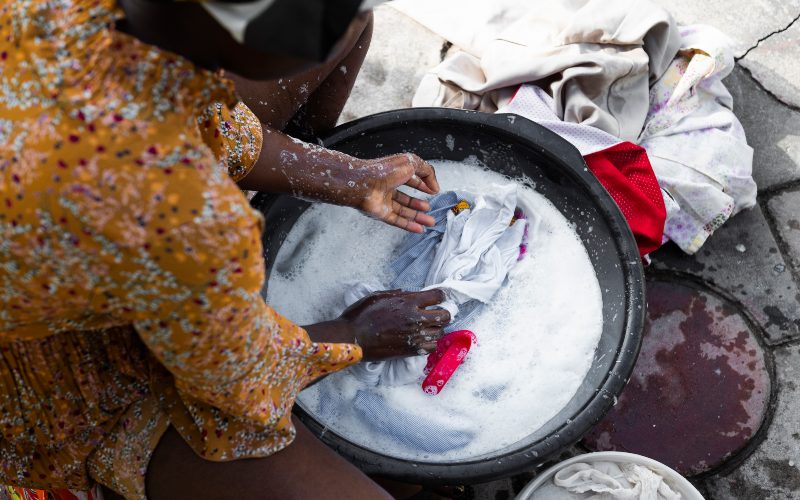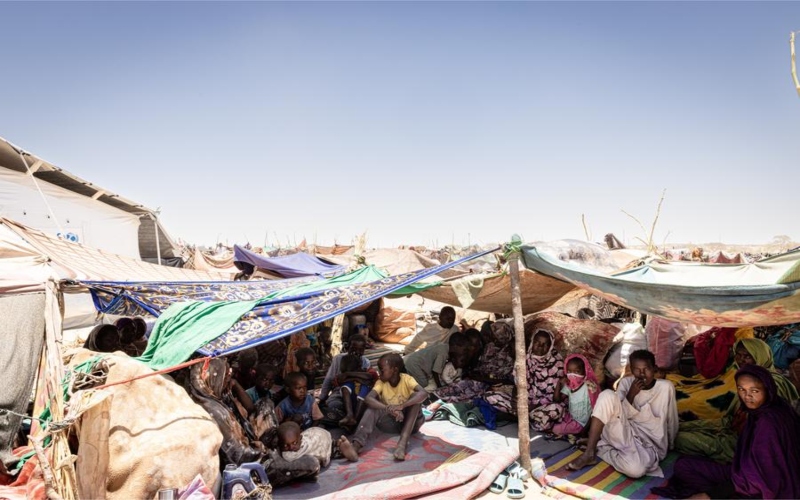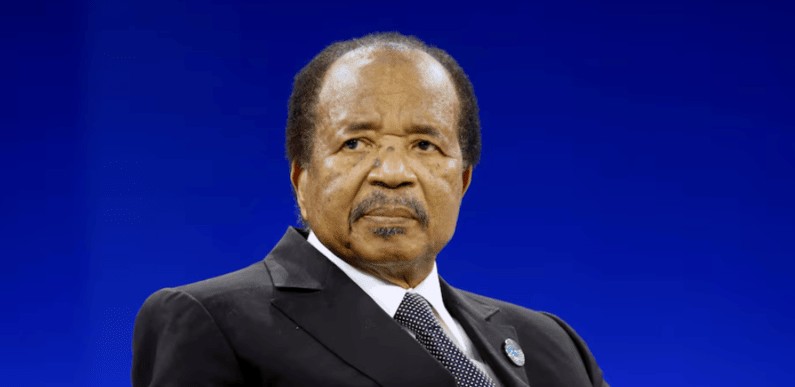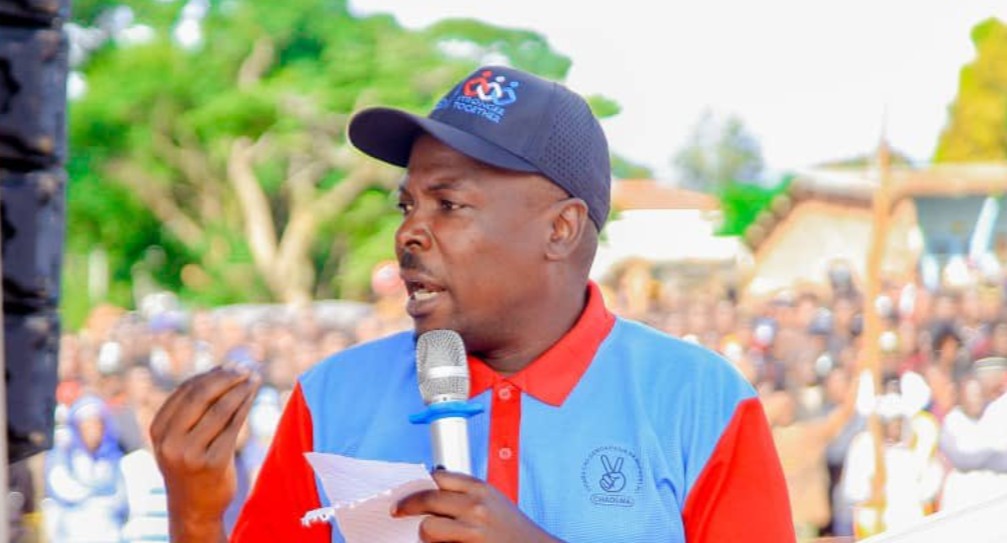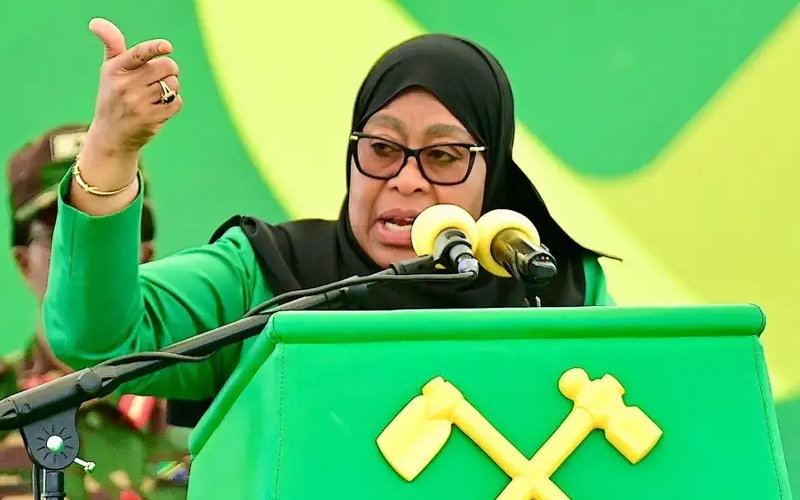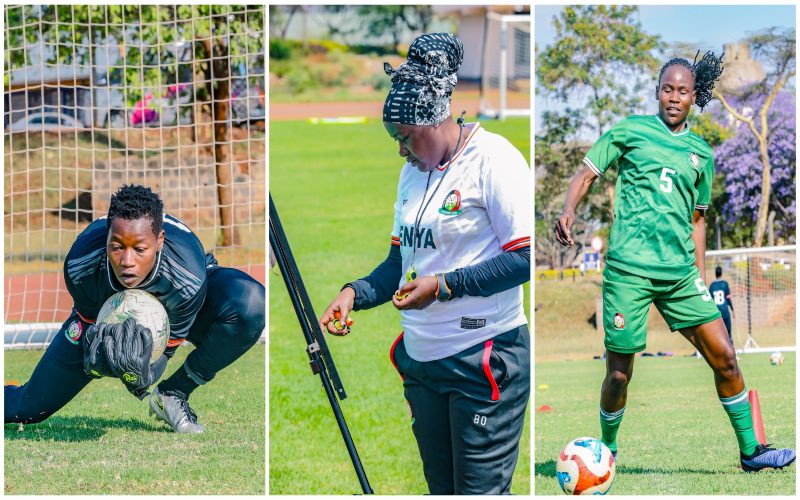Composer of Kenyan National Anthem expresses concern over its treatment
Professor Washington Omondi, the sole surviving founder and writer of the Kenyan National Anthem, expresses disappointment at the lack of reverence shown towards it.
The national anthem holds profound cultural significance for every nation, symbolizing its identity and fostering unity through its rendition at public events, military gatherings, schools, and other sectors.
However, Professor Washington Omondi, the sole surviving founder and writer of the Kenyan National Anthem, expresses disappointment at the lack of reverence shown towards it.
Speaking at the launch of the People Dialogue Festival, held at the University of Nairobi from March 6 to 9, Professor Washington shared his sentiments with stakeholders, noting the pervasive silence during anthem renditions, even among parliamentarians.
"I've noticed that many remain silent when the national anthem is sung, including parliamentarians, which is disheartening," said Professor Washington.
Reminiscing about the anthem's debut at the 1968 Olympics in Mexico, Professor Washington, 82, recalls the pride and emotion he felt, underscoring the anthem's historical significance and its inspiration rooted in Kenya's tumultuous past.
"Our motivation for composing the anthem was to address the prevailing challenges and foster unity," he explains, lamenting the widespread unawareness of its history and significance.
He emphasizes the anthem's role in bridging societal divides and fostering unity, particularly during Kenya's struggle against colonialism, urging for its deeper integration into society.
"When we composed the national anthem, the primary conflict was between Kenyans and the colonialists. We believed that our anthem could bridge this divide and unite us, with tribalism being a non-issue for us back then," Omondi reflects.
He highlighted the need for broader adoption and understanding of the anthem, proposing its incorporation into various societal facets, including education and political practices.
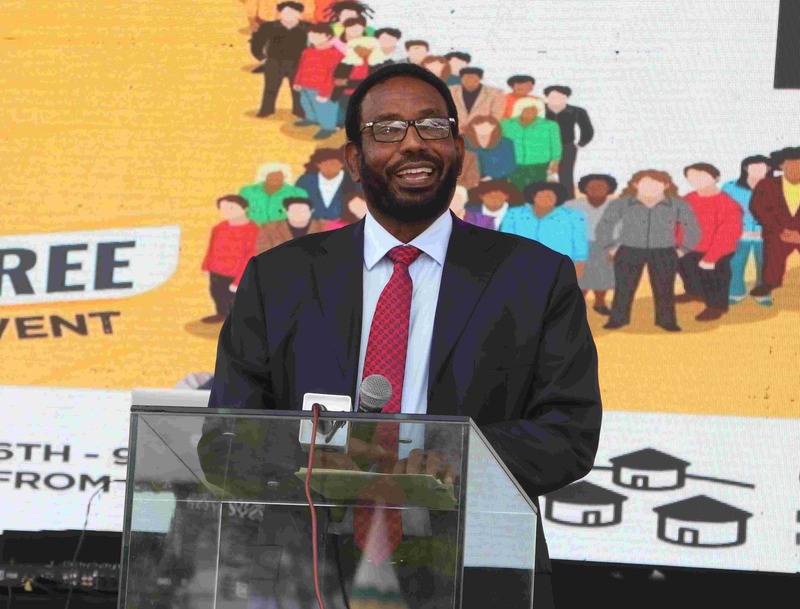 Daadab MP Maalim Farah who inaugurated the People Dialogue Festival event at the Nairobi University on March 6, 2024. (Justine Ondiek)
Daadab MP Maalim Farah who inaugurated the People Dialogue Festival event at the Nairobi University on March 6, 2024. (Justine Ondiek)
The Kenya National Anthem was composed by a five-man team that included: Professor Omondi, Reverend Thomas Kalume who was an education officer, Graham Hyslop who was the Inspector of Music in the Ministry of Education, Peter Kibkosya who was a music tutor and George Senoga Zake, a Ugandan musicologist.
Nairobi Senator Edwin Sifuna, who was at the event, echoed Omondi's sentiments, stressing the anthem's pivotal role in strengthening national unity and fostering a shared sense of identity among citizens.
The People Dialogue Festival, inaugurated by Daadab MP Maalim Farah on behalf of National Assembly Speaker Moses Wetang'ula, seeks to promote dialogue and understanding among stakeholders, addressing critical societal issues.
According to the Ethics and Anti-corruption Commission (EACC), the national anthem serves as a patriotic reminder of Kenya's history, traditions, values, and struggle for independence, encapsulating key values of patriotism, unity, peace, liberty, hard work, and service to all, with acknowledgement of God as the source of blessings.
Top Stories Today
